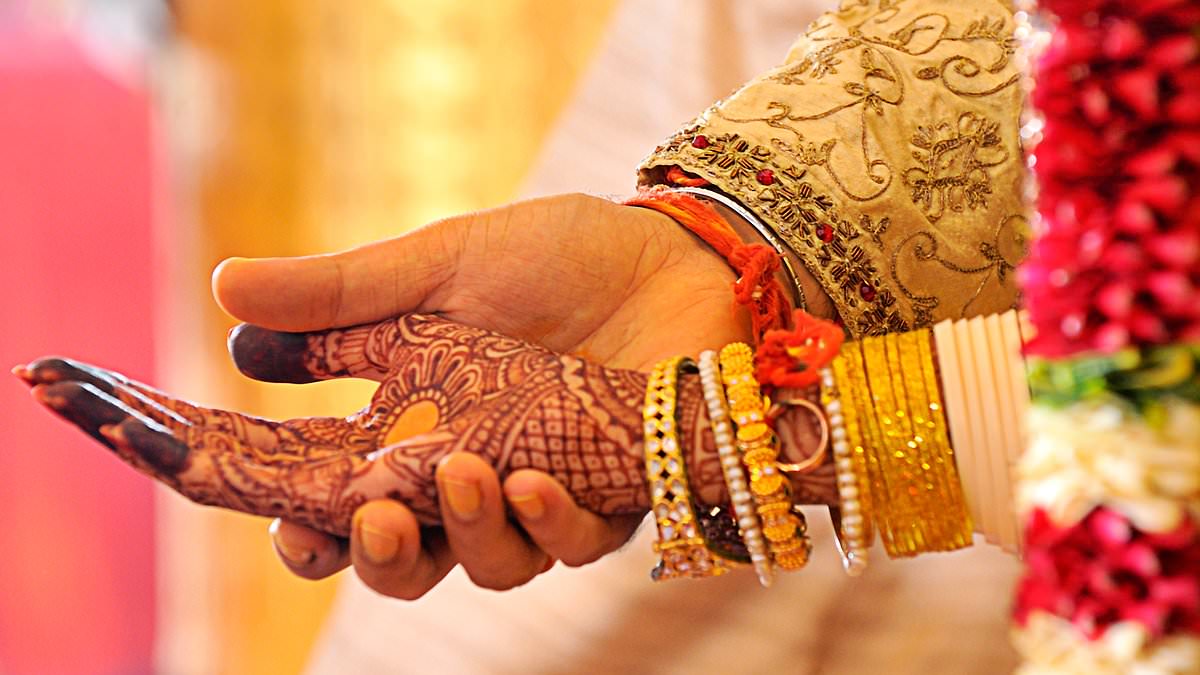I’ve seen for myself just how ruinous this practice can be, writes KHADIJA KHAN on cousin marriages
By Editor,Khadija Khan
Copyright dailymail

Hundreds of children across Britain are living as best they can with crippling neurological syndromes, unable to move without a wheelchair, let alone play football or any of the other sports their peers take for granted.
Or they live with blindness, deafness, learning problems or the routine failure of their lungs, livers, hearts or kidneys – their painfully shortened lives spent in and out of hospitals.
Their genetic conditions are so rare that they are nameless, and confound the best consultants in the world. More yet are stillborn.
And it is maddening to think that their young lives needn’t have been ruined in this way.
For these children are the offspring of cousin marriages, a sham tradition that is prevalent in Pakistani communities more than most.
There, I’ve said it – this is a cultural problem. This does not arise from women smoking or drinking during pregnancy. Nor does this have anything to do with their age.
Every tragedy described above comes about through a practice that is driven by deeply religious beliefs and alarmingly high levels of illiteracy – something that NHS England’s Genomics Education Programme seems blithely relaxed about.
Having grown up in Pakistan, where an astonishing 65 per cent of marriages are between blood relatives – or consanguineous – I have witnessed how ruinous the practice can be.
Of course, it can be disastrous for the baby but also ostracising for the mother dare she criticise cousin marriages.
My aunt did so, fearing for the health of her future children.
She courageously sought to break free from the cycle of cousin marriages and was told she was no longer part of the family.
On the few occasions she was invited to functions, it was as a guest rather than as the eldest daughter.
But her single-mindedness beat a path for my mother to follow.
However, this was a generation ago. Now, in Pakistan discussion of the biological concerns over cousin marriage is common, at least in the more enlightened cities.
So why on earth is an NHS body drawing a veil of silence over the issue here?
The Genomics Education Programme would seemingly rather it be swept under the carpet with the implicit warning that any discussion of cousin marriage is culturally insensitive, which only emboldens those in Muslim communities who use it as a means of controlling women.
The practice perpetuates a misogynistic culture – the extreme manifestation of which is honour killings, so it not to be excused or indulged, as this NHS body seems intent on doing.
Least of all on the risible pretext that if it happened 500 years ago, then it continues to have a place in modern Britain. In seeking to remove the stigma around cousin marriages, the Genomics Education Programme points out that laws permitting the practice ‘date back to the reign of Henry VIII’.
With two executed wives to his name, the Tudor king is hardly a poster boy for women’s rights.
But as the grooming gangs scandal has shown us, the safety of young girls – and now the future health of babies – can easily be sacrificed on the altar of political correctness.



